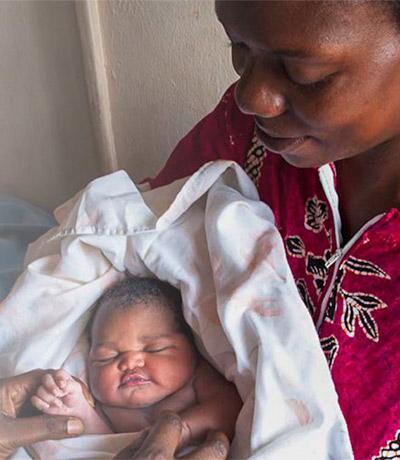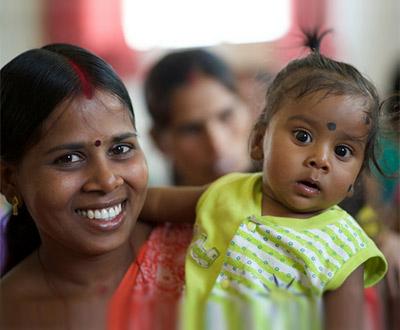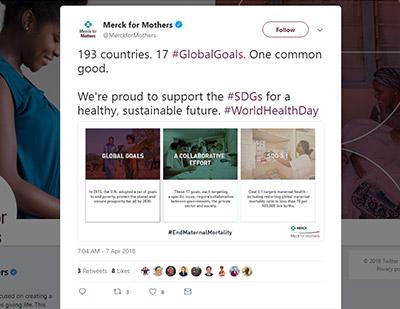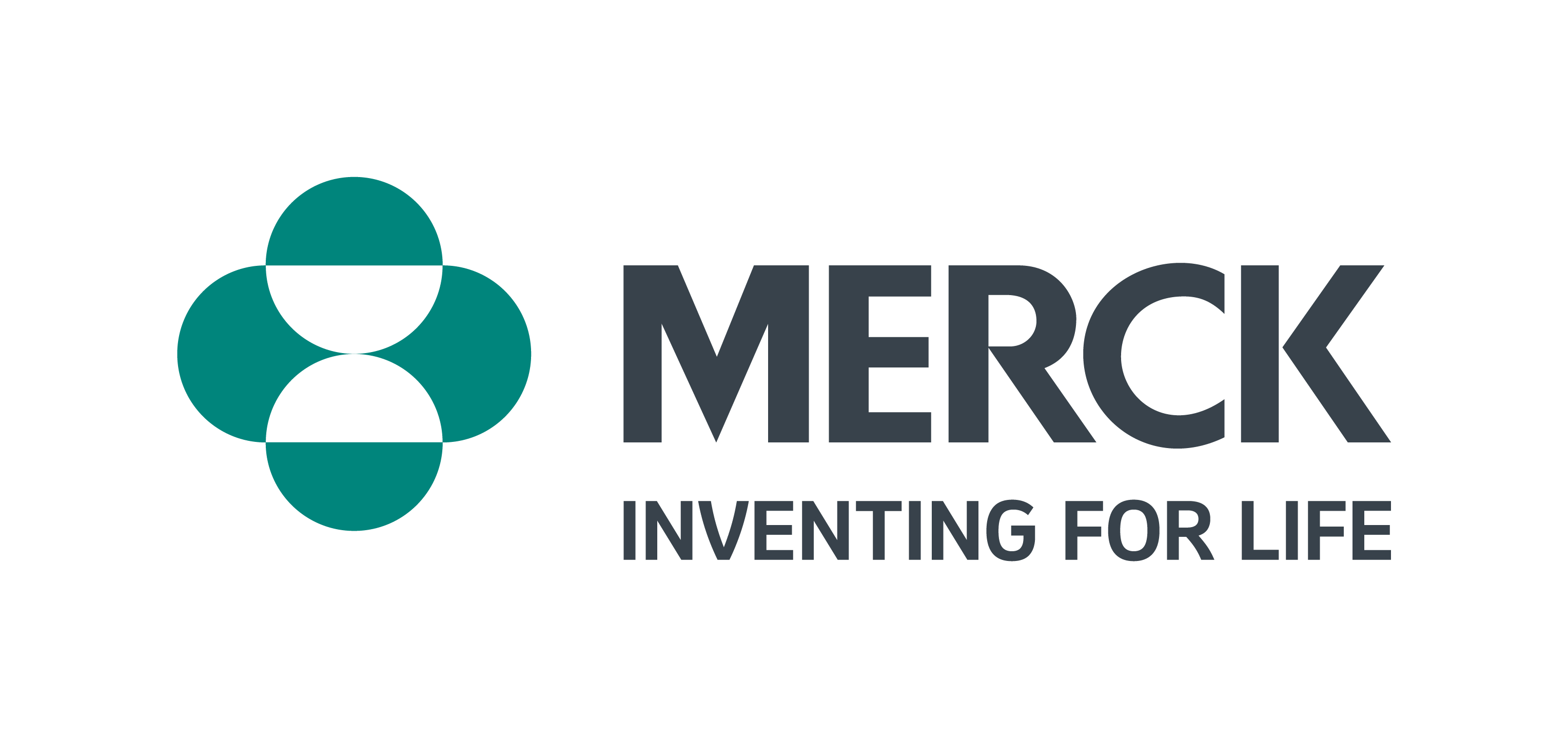Merck for Mothers April 2018 Newsletter | Improving Maternity Waiting Homes in Zambia, Addressing Maternal Sepsis and More
Sign up here to receive the Merck for Mothers Monthly Newsletter
SOLVING THE DISTANCE PROBLEM TO REDUCE MATERNAL MORTALITY
Less than 60 percent of all women in rural Zambia deliver their babies in clinics or hospitals. And half of all Zambian women who give birth live further than 25 kilometers or 15 miles from facilities that offer basic emergency services. To address this issue, Dr. Mary-Ann Etiebet, executive director of Merck for Mothers, discusses the Mothers’ Shelter Alliance, an initiative formed to examine and improve maternity waiting homes.
PARTNER PERSPECTIVES: ASSESSING AND ADDRESSING MATERNAL SEPSIS
Every pregnant or recently pregnant woman is at risk of an infection that could trigger maternal sepsis, a life-threatening condition. Despite it being one of the main causes of maternal death and leading to about 35,000 deaths every year, the true burden of maternal sepsis is presently unknown, due to a lack of data. To address this, The World Health Organization (WHO) – with the support of Merck for Mothers – embarked on a multi-country study to assess the issue.
SAVE THE DATE: SAVING MOTHERS, GIVING LIFE – LESSONS LEARNED FROM THE FIVE-YEAR PARTNERSHIP
The Center for Statistics & International Studies (CSIS) Global Health Policy Center will host a public event to highlight lessons learned from Saving Mothers, Giving Life (SMGL) initiative. Merck for Mothers is proud to be a founding partner of SMGL, a unique public-private partnership to dramatically reduce maternal and newborn mortality in Zambia, Uganda, and Nigeria. The event will feature a presentation of the outcomes of five years of SMGL programming and highlight the successes and challenges of the innovative initiative.
DATE: Thursday, June 21, 2018
TIME: 2 to 5 pm EDT
TELL THE WORLD: #WhatWomenWant
The What Women Want campaign aims to hear directly from at least 1 million women and girls worldwide about how they define quality maternal and reproductive healthcare. The findings will be aggregated for a global picture of what women want and disaggregated by country, ultimately distilled to reflect the top asks along with specific recommendations about how to drive tangible improvements for women’s and girls' health.
Click here to read and retweet Merck for Mothers TWEET OF THE MONTH!
Sign up here to receive the Merck for Mothers monthly newsletter.





